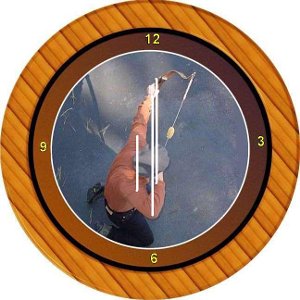
|
 Become a Trad Gang Sponsor |
 |
- Welcome to Trad Gang.
Instinctive at distance
Started by tracker12, February 12, 2015, 08:23:00 PM
Previous topic - Next topic0 Members and 1 Guest are viewing this topic.
User actions
Copyright 2003 thru 2025 ~ Trad Gang.com © |
